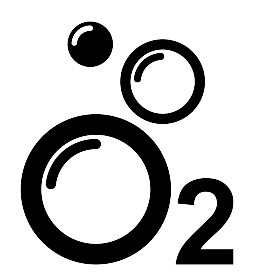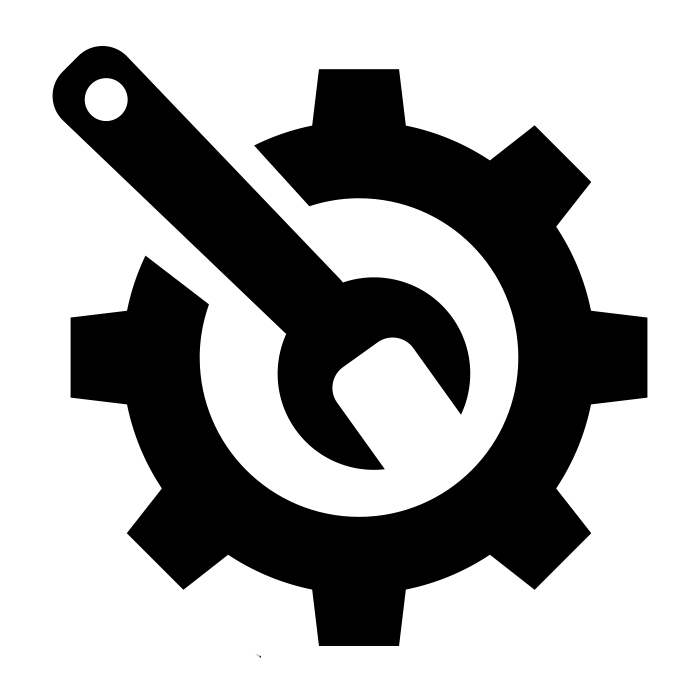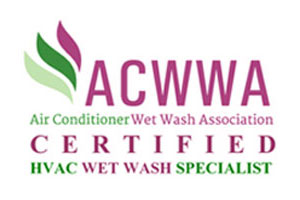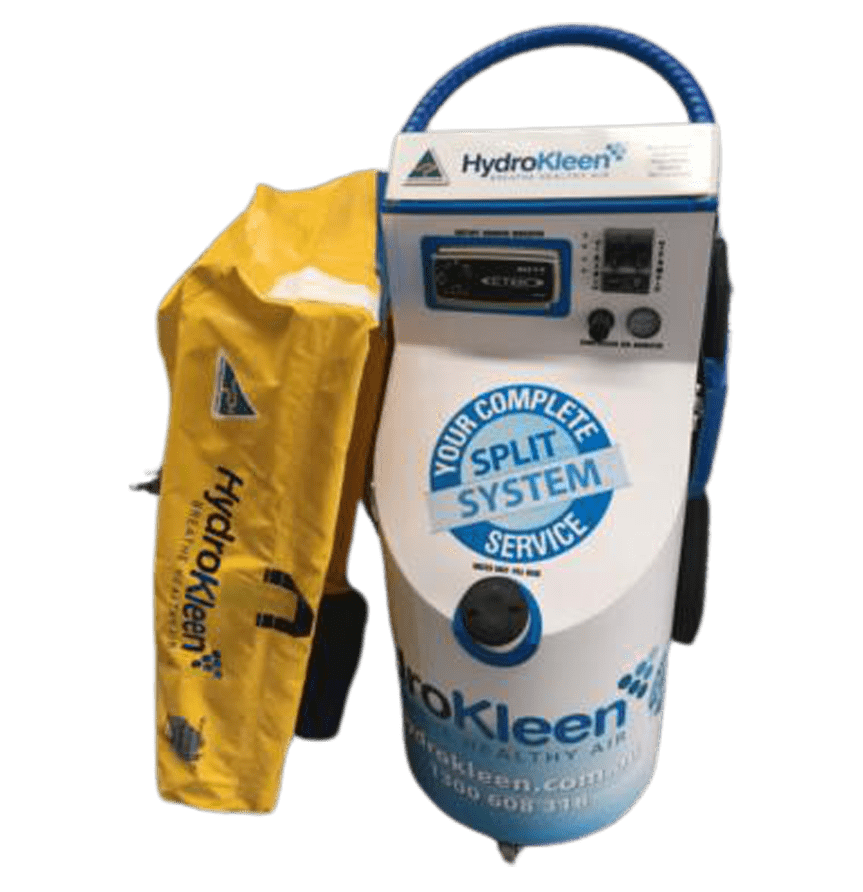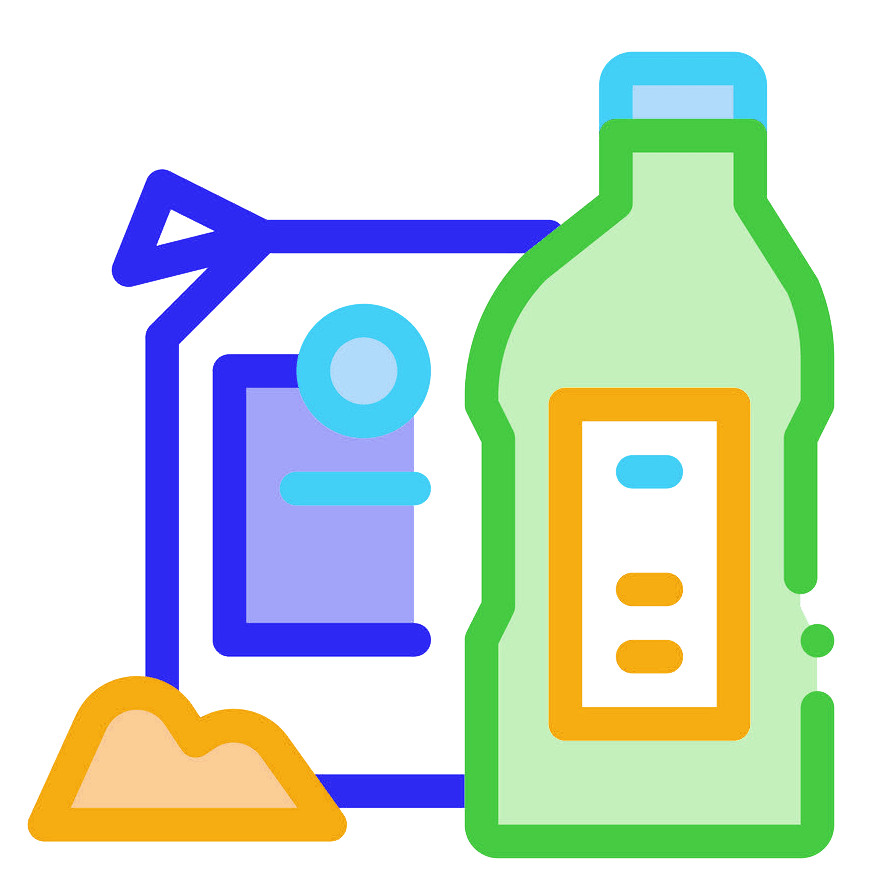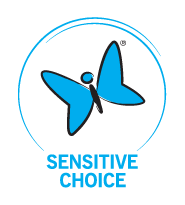When you get your air conditioner cleaned with HydroKleen you will not only stay healthier, you will also save money, as the unit will run more efficiently.
HYDROKLEEN GLOBAL FRANCHISE
WHY HYDROKLEEN YOUR AIR CONDITIONER
HOW ARE WE DIFFERENT
FREQUENTLY ASKED QUESTIONS
My air conditioner doesn’t seem as cold as it used to be
In most cases the coil is probably dirty – especially if it has never been cleaned. If the temperature falls down a few degrees after cleaning then the problem was simply “it needed cleaning”. If not it may require refrigerant.
My air conditioner isn’t blowing as hard as it used to
In most cases it is probably very dirty and therefore the airflow is inhibited. Once the blower fan (drum) has been properly cleaned the airflow will generally double. The drum has up to 400 small fan blades on it – once the leading edge of each blade gets a build up of dirt attached it simply becomes inefficient. If the drum is turning very slowly then you may need to replace a fan motor.
My air conditioner is “huffing” quite badly and is annoying!
This is generally due to very dirty filters. If you neglect to clean your filters regularly you will slowly choke your air conditioner to death!
My air conditioner rattles when I turn it on!
Generally this is due to the blower fan (drum) being out of balance. A build up of contaminants on the drum will cause this over time. A clean will fix the problem
My air conditioner smells when I turn it on!
A smelly air conditioner is a “dirty air conditioner. A “proper” clean will rectify the problem. A really bad odour can be caused by small “critters crawling up the drain and not being able to get out or alternatively they have crawled into the head unit and died, which will also cause a bad smell. Of course a service and clean will fix both of these problems.
My air conditioner is blowing hot air instead of cool air!
Firstly check to see that your remote is on the right “MODE”. If it is then you will need a qualified A/C technician to check the gas level and/or possibly the compressor.
My air conditioner doesn’t switch on at all!
If your remote is in working order (check the batteries), then you will need to switch it on manually. You will generally find the manual button up near the electrical panel. If it switches on manually then you need to have a qualified technician check the receiver board.
What is the difference between a HydroKleen cleaning service and a traditional cleaning service by an air conditioning tradesperson?
Firstly let me explain that until the HydroKleen System of cleaning “ductless” air conditioners was officially introduced to the market in 2009…… there was NO “industry standard” which spelt out clearly what constituted a “cleaning service”!
So how does the industry currently clean split systems air conditioners/heat pumps?
The traditional strip and clean method is used by some A/C technicians. This involves removing (in most cases) the head unit, dismantling it and then cleaning it externally.
This process can take up to 3 to 4 hours and is simply “NOT” cost effective nor time efficient at today’s hourly rates for the consumer.
The most commonly used method is for an A/C technician to squirt some alkaline or acidic based chemical onto the coil (evaporator) and hope that it will be flushed away by the condensate when the head unit is switched on. If there is no humidity, there will be no condensate!!
How does a typical home air conditioning system work?
A typical system functions as follows: air is drawn from the room through a return grill and passes through an air filter and into a furnace (or air handler).Inside the air handler is the circulating blower and a heat exchange coil commonly called the evaporator. The evaporator is cold and thus removes heat from air that blows across it. In addition to removing heat, water also deposits on the evaporator surfaces. The cooled air returns to the room via outlet grills. The moisture falls into a drain pan under the evaporator and drains through a pipe out of the system.
How does the air conditioning system inside a home become a source of microbial contamination?
The air drawn into a system contains dust, much of which is biological spores and other organic particles. Even the best filters capture only part of this material. Much of the rest falls out of the air stream onto the heat transfer surfaces. It combines with the water and the spores germinate and grow rapidly into a Bio Toxic build up.
Does microbial contamination in my air conditioning system impact the quality of the air in my home?
Yes. “Contaminated air conditioning systems can become breeding grounds for mould, mildew and other sources of biological contaminants and can then distribute these contaminants throughout the home.” System components can act as direct or indirect sources of particles and/or volatile organic chemicals (VOC’s). Of greatest concern is biological growth and bio-aerosol generation, most of which are potential allergens. Airborne allergens in the home constitute one of the hardest types of allergens to avoid. Unfortunately, heating and air conditioning systems are excellent harbours for moulds, and this system is an efficient distribution system.
Can you prevent the growth of these biologicals?
Keep your system clean and treated with a broad spectrum antimicrobial, which not only kills microorganisms (i.e. mould, mildew, fungi and bacteria) in the system but will inhibit their growth for up to 6 months.
Can keeping my system clean and free from growth provide other benefits?
If you clean and flush your system regularly it will operate more efficiently, use less power and last longer.
Why would a growth free system last longer?
Most corrosion in HVAC systems is caused by sulphuric acid secreted by common bacteria which chemically combines sulphur from the air with hydrogen and oxygen from water.




